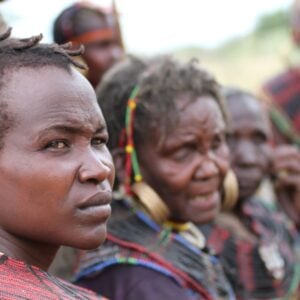The World Health Organization (WHO) in Afghanistan has received an additional €1 million from European Union (EU) Humanitarian Aid, bringing the total EU health funding in the country to €7 million since May 2025. This increased funding will allow WHO to expand its emergency health response, focusing on providing lifesaving services to underserved communities and returnees across Afghanistan.
According to the Afghanistan Humanitarian Needs and Response Plan 2025, approximately 14.3 million people have limited access to essential healthcare due to underfunded services, facility closures, and a shortage of female health workers. The ongoing complex humanitarian challenges, including natural hazards, displacement, and disease outbreaks, make maternal health, trauma care, and disease prevention urgent priorities. The additional EU support will strengthen disease surveillance through deployment of surveillance support teams, improve medical supplies, and enhance coordination for the returnee response.
The original EU-funded project supports a comprehensive range of health services, including 41 primary healthcare centres, 4 maternity hospitals, and 2 emergency trauma centres at key border crossings. It also provides mental health and psychosocial support through 4 acute mental health wards, treatment for severe acute malnutrition in 19 inpatient facilities, and training for 26 midwives to address the shortage of female medical professionals in rural areas.
In response to the August earthquake that affected nearly half a million people in eastern Afghanistan, WHO deployed emergency health teams to provide trauma care, demonstrating the vital role of EU support in rapid humanitarian response. WHO and EU collaboration ensures essential health services reach remote and disaster-affected regions, with a focus on maternal and child health, nutrition, mental health, trauma care, and disease preparedness.
WHO Afghanistan expressed gratitude to the EU for its continued support, emphasizing that the partnership strengthens coordinated, inclusive, and accountable health service delivery across the country, ensuring that vulnerable populations receive critical medical care even in the most challenging circumstances.







